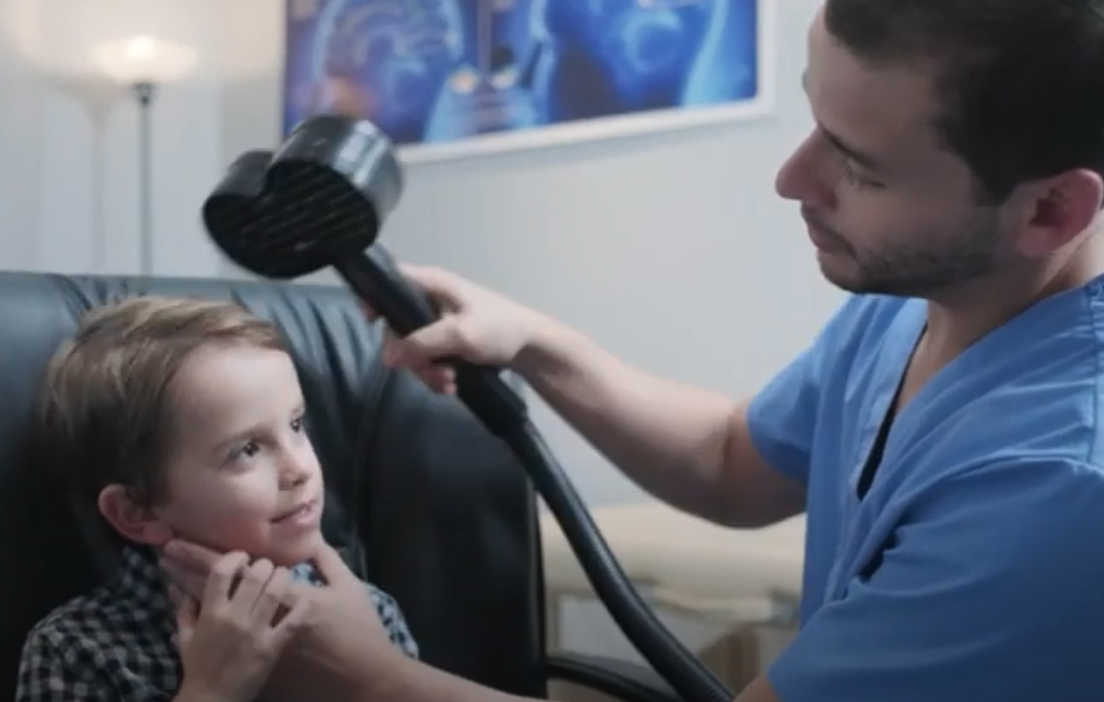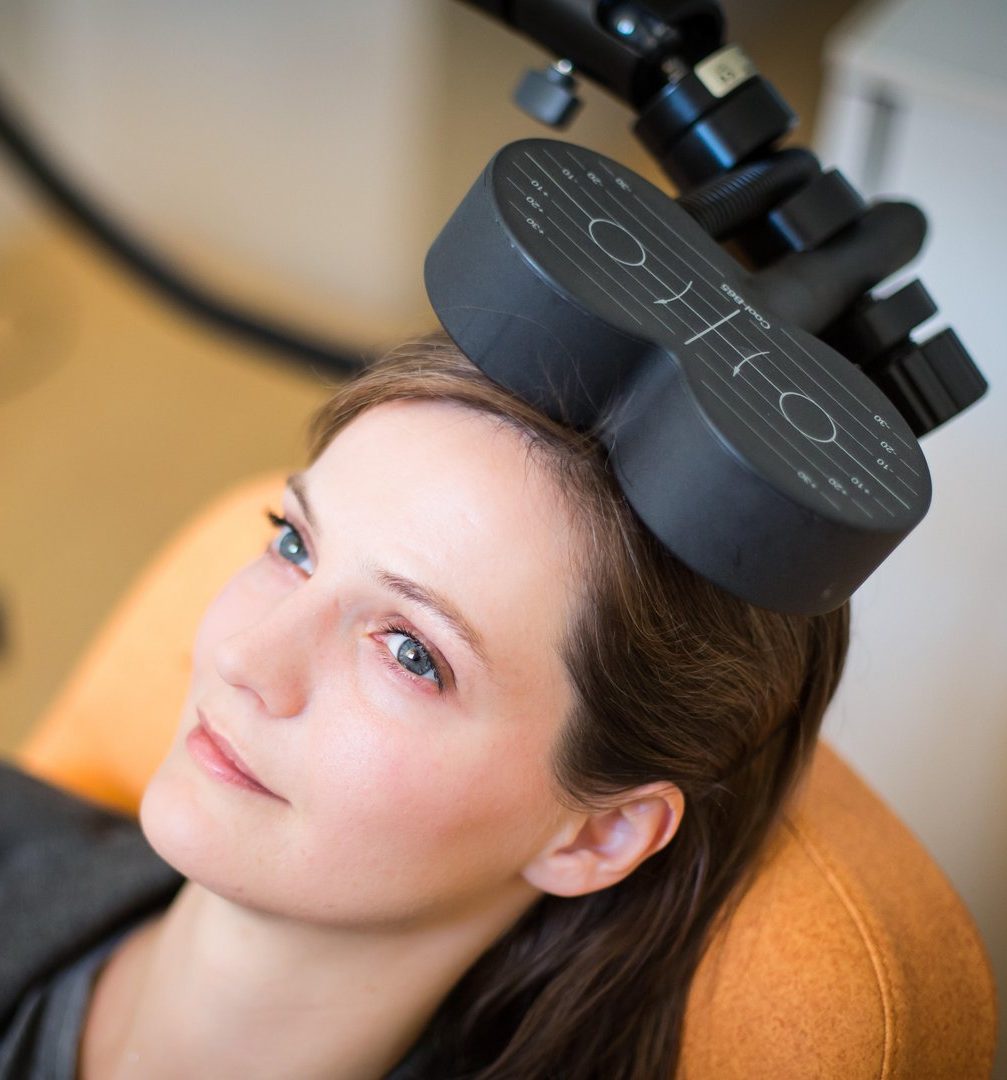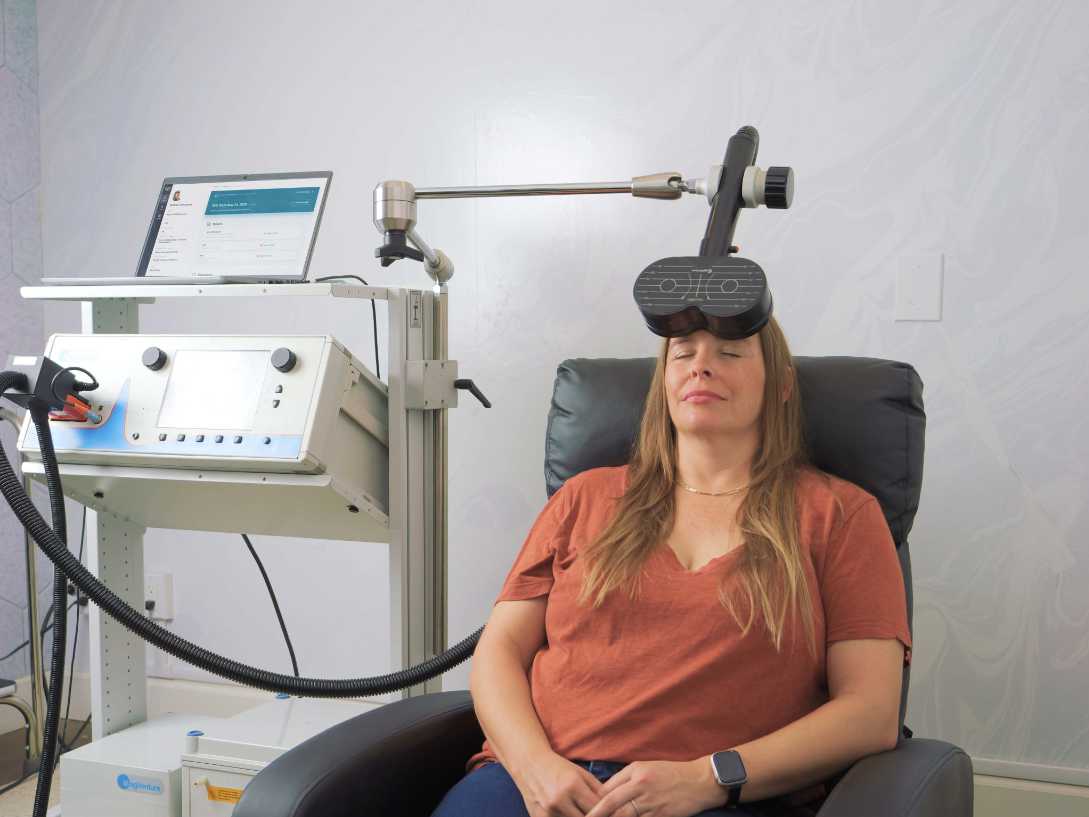Understanding Autism Spectrum Disorder and Innovative Treatments
Autism Spectrum Disorder (ASD) is a condition that affects how a person communicates and interacts with others. It can also include repetitive behaviors and fixation on a particular action or subject. The brains of people with autism work differently than those of people without autism, which can make everyday social interactions challenging. However, researchers continuously explore new ways to help manage and improve these challenges.
What is Autism Spectrum Disorder?
Recent studies suggest that autism might be linked to how certain parts of the brain work and communicate with each other. For example, a study by Muhle et al. (2018) reviewed how the brains of people with autism might develop differently from early in life. They discussed how these differences could contribute to the behaviors seen in autism, such as difficulties with social interactions or repetitive behaviors.
Another study by Cheng, Rho, and Masino (2017) explored how metabolism, which is how the body uses energy, might be different in people with autism. They suggested that these differences could affect brain function and behavior, providing insights into potential treatments involving dietary changes or supplements to help improve symptoms.
How Memory Works in Autism Spectrum Disorder
A recent 2023 study by Kim and Kasari looked into how children with autism manage working memory, which is crucial for tasks like following instructions and completing schoolwork. They found that certain behaviors and skills could predict how well children might develop their memory over time. This is important because better working memory can help improve learning and daily functioning.

Innovative Autism Treatments: MeRT and TMS
Magnetic e-Resonance Therapy (MeRT) is an exciting new treatment that uses magnetic fields to stimulate specific areas in the brain. These treatments are being studied to see if they can help adjust the brain’s activity to improve communication between different brain regions.
Research on MeRT has shown that these therapies might change the balance of brain waves, such as theta, delta, and alpha waves, which are different types of electrical activity in the brain. By modifying these ratios, MeRT could potentially improve behaviors commonly seen in autism, like difficulty with social interactions, repetitive behaviors, and challenges with communication.
What Behaviors Improve with MeRT and TMS?
People with autism who have received these treatments have shown improvements in several areas:
- Social Skills: Better interaction with others and understanding social cues.
- Communication: Improvements in both verbal skills and non-verbal communication.
- Behavioral Flexibility: Reduced repetitive behaviors and increased ability to adapt to change.
Safe and Promising
While MeRT is still being researched, it offers a promising glimpse into future treatments that could help people with autism lead more comfortable and fulfilling lives. These treatments are generally considered safe, but they should always be carried out under the supervision of healthcare professionals with training in brain health and neurological conditions.

Conclusion
Autism Spectrum Disorder comes with many challenges. But, with ongoing research and the development of treatments like MeRT, there is hope for improved management of the condition. These treatments could one day significantly enhance the quality of life for those with autism by helping to align their brain activity to promote better communication, memory, and social interactions. This area of science is ever-evolving, and each discovery brings us one step closer to more effective solutions.
Dr. Ramona Wallace, D.O., IFMCP
Brain Treatment Center – Marshall
Outside the Box Functional Medicine
Ramona Wallace, DO, IFMCP, is a Dually board-certified Family Medicine physician with additional certifications in Functional Medicine and Magnetic e-Resonance Therapy (MeRT). Dr. Wallace has dedicated many years to researching nutrition and its impacts on health, developing a deep understanding of the interplay between diet and disease prevention. Currently, she applies her expertise at the Brain Treatment Center, focusing on treating children using a holistic approach and innovative MeRT techniques. Her commitment to integrating comprehensive nutritional strategies with advanced neurological treatments highlights her unique approach to pediatric care, aiming to optimize health outcomes and enhance the well-being of her young patients.
Recent Posts

Understanding Autism Spectrum Disorder and Innovative Treatments

Brain Fog: How it Can Stop You From Reaching Your Goals

Beyond World Mental Health Day: How MeRT is Shaping the Future of Mental Health Care










